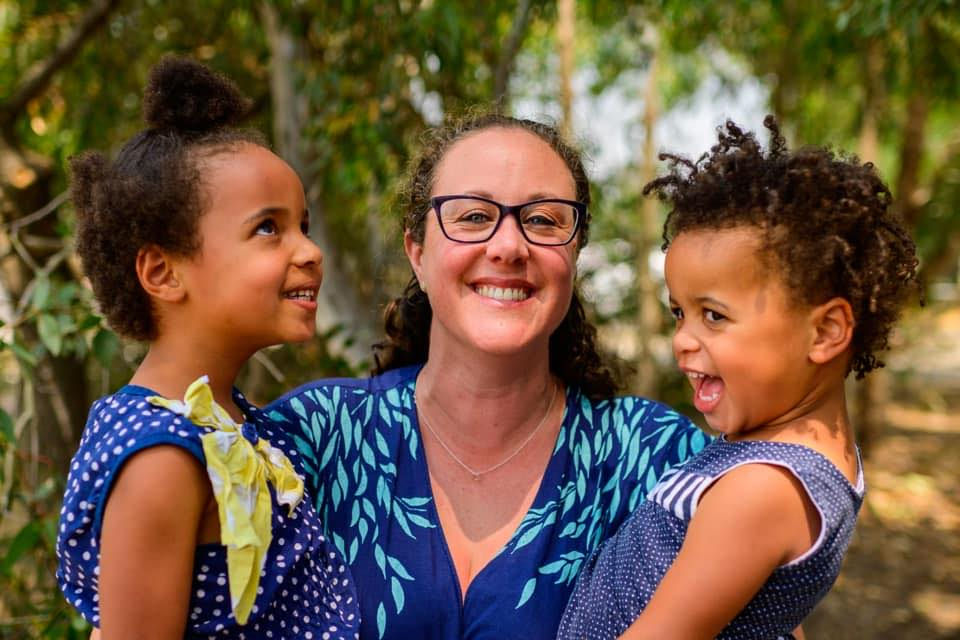5 key factors to develop a positive group culture
- Lauren Hichaaba

- Mar 9, 2021
- 3 min read
Over the past decade, a key part of my role as Director of the Cagliero Project, an organisation that sends volunteers internationally, has been the running of immersion experiences in other countries for young people.
When we first arrive to the beautiful shores of Samoa or land in the frenetic activity of Cambodia, the first impression is that everything is so different – different sounds, smells, tastes, climate, language. I often see overwhelmed faces that silently ask, “How am I going to connect to people here? How will we understand each other?”.
Yet, as the experience goes on, they come to realise that although at first glance there are so many differences, in reality there are much more things we have in common that bind us together as humans.
The following are just a few things that I think about when preparing to take a group of young people overseas for an immersion experience.

1. Purpose
The group needs to have a clear purpose or goal. We have found this is the very first step in creating a successful group culture. It is important that all members the group have a clear understanding of the purpose of the group. When we take a group of young people on immersion the purpose is clear – it is an opportunity to contribute to an overseas community while learning about a particular culture and country. It gives participants an opportunity to develop relationships of solidarity, learn about global justice issues and to share in the life of young people in a developing country.

2. Formation
Formation/preparation is another key element in ensuring a positive group culture. The formation for participants is paramount to the success of immersion experiences. We view it as an ongoing process that takes place before, during and after the immersion. Formation should be viewed as much like the sentiment of being a lifelong learner. The formation needs to be seen in terms of the experience but also in the context of the life journey of all young people involved.

3. Flexibility
Even though we run an immersion every year and the purpose and goals do not change, the beautiful group of young people attending does change! This of course requires flexibility. This is so crucial in order to honour the diversity of the participants within the group. Yes, of course we have an overarching purpose and goals we want to achieve through our immersion program, however what that looks like with a particular cohort of people is different every time. When we honour diversity and remain flexible it provides a space for beautiful things to take place.

4. Relationship
At the heart of everything is relationship and in order to create a good group culture, relationship building is key. We focus on the value of presence that encompasses both physical and psychological presence with each other. It is also imperative when building relationships within a group that we honour and meet our young people where they are physically, emotionally and spiritually. The very purpose of the immersion experience is to engage young people and we do this by providing positive and joyful encounters with and for young people.

5. Joy
Inherent in the ethos of our organisation, the Salesians of Don Bosco, is joy. We believe that every situation, group and person should be approached with a joyful enthusiasm. Despite some of the tough things’ immersion participants may experience, joy needs to be at the heart of the experience. A key element to nurturing joy and positivity in a group is FUN!
We have found these elements are key to facilitating a meaningful experience for our participants. We don’t always get it right and there are always lessons to be learned with each new group.
As we leave the beautiful countries that we have the privilege of visiting and immersing into,there are often tears. The tears represent so many things – gratitude for the experience, love for new friends, leaving an incredible place, being overwhelmed by our shared humanity, sometimes just shear exhaustion – no matter why there are tears, it is always made easier as we get on the plane to go home to be with a supportive group of others who have shared the experience.
Lauren Hichaaba is the Director of the Cagliero Project. She has qualifications in Development Studies and Education, has worked as a teacher both in Australia and Zambia and has led many overseas immersion programs for high school and university students.
At Yellow Arrow we are passionate about connecting students with meaningful service learning opportunities. If you would like to keep the conversation going and connect with other people working in this space, click here to join our Service Learning Network.



Comments